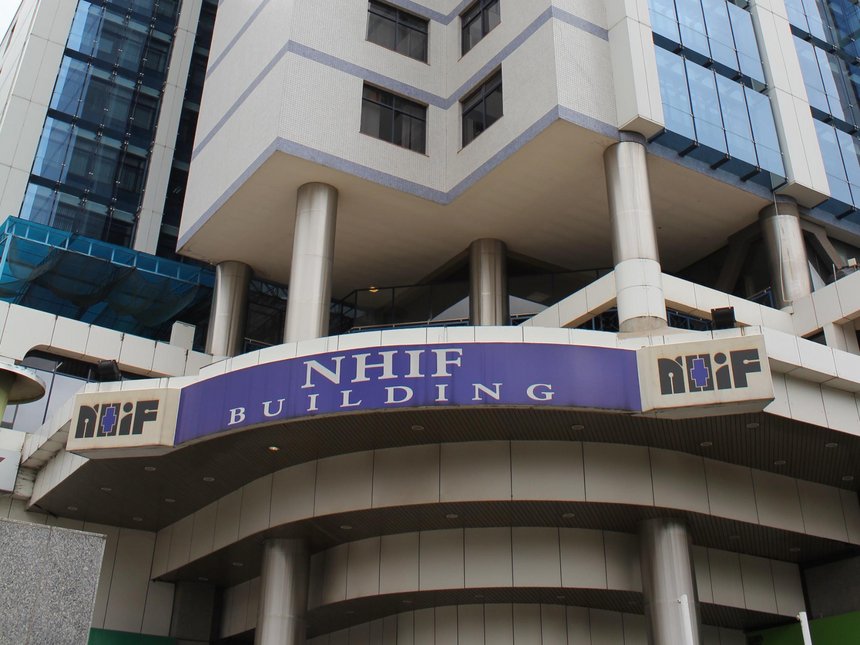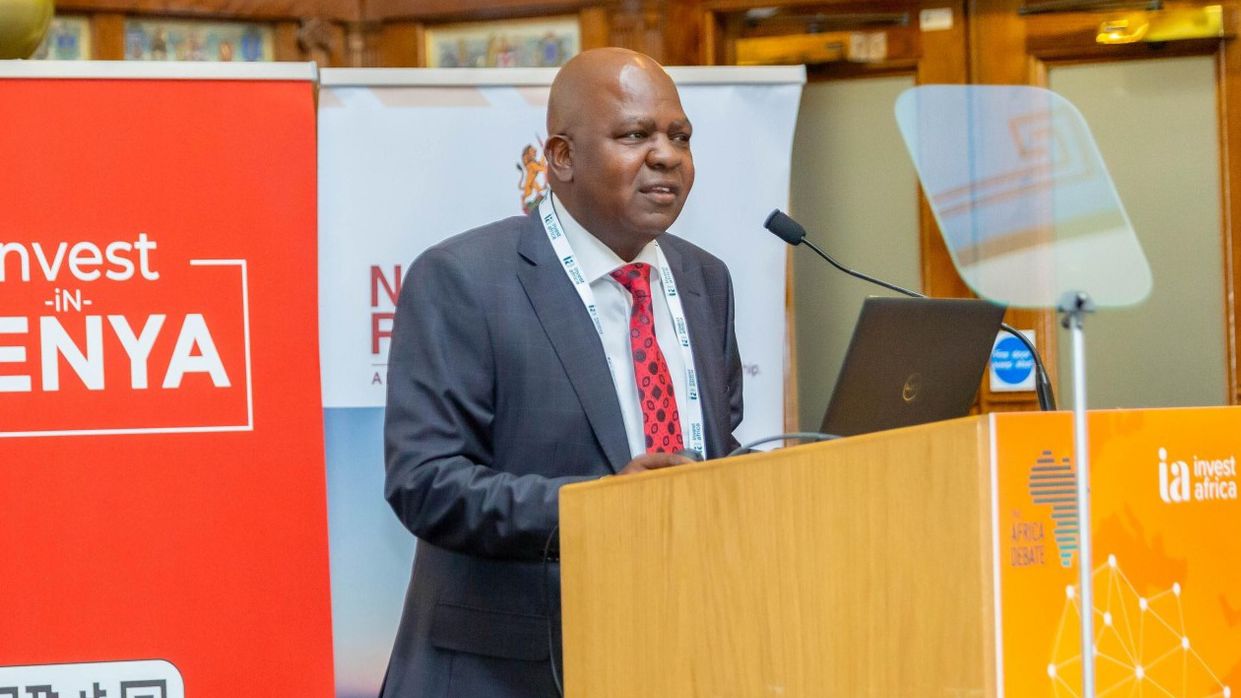Employers will be required to match payments by their staff to the National Health Insurance Fund (NHIF), if parliament on May 19, 2021, votes to uphold changes to the NHIF Act.
The state-backed bill proposes that employees continue to pay their fees, whereas employers will be required to match their Ksh25 billion contributions in a structure modelled like the National Social Security Fund (NSSF).
This will come as a blow to companies that are yet to claw out of the economic constraints brought forth by the Covid-19 pandemic.
"The bill proposes to amend section 15 of the Act to provide for liability of the employers to make a matching contribution to the fund equal to that which the employee is liable and makes it mandatory for Kenyan residents to contribute to the fund," the proposed law reads in part.
The bill will be introduced in parliament today by National Assembly Majority leader Amos Kimunya.
"A person liable to pay a matching contribution under Section 15 shall pay such contributions in the capacity as an employer and shall not deduct such contribution from the salary or other remuneration of the employee," the bill proposes.
As of June 2020, NHIF revealed that it had 4.452 million members from the formal sector and 4.546 million members from the informal sector, totaling 8.898 million members.
In the 2016/17 fiscal year, Kenyans in the formal sector contributed Ksh24.89 billion to NHIF. Recent projections indicate that employers will pay at least Ksh25 billion to national health insurer.
Business Daily on May 19 reported that the contributions will make NHIF the richest state-owned agency with an annual collection of close to Ksh100 billion. As of June 2021, reports indicate NHIF will collect Ksh60 billion, paying Ksh54.3 billion to hospitals as members' claims.
Employers will be required to remit payments by the 9th of each month. Late payments will set back employers a further 25 percent of the total contributions while also footing the bills of employees who may fall ill during the default period.
Currently, Kenyans pay 50 percent fines for delayed contributions.
"Employer shall be liable to pay the penalty prescribed in Subsection (I) and pay the costs incurred by the employee when seeking treatment from a contracted health care provider during the period when the contribution is due," the bill reads in part.
The bill is expected to face opposition from employers who will view it as a raise on the cost of doing business in the country.
This comes barely six years since NHIF increased individual member contributions from Ksh320 to between Ksh500 and Ksh1,700 depending on pay.






